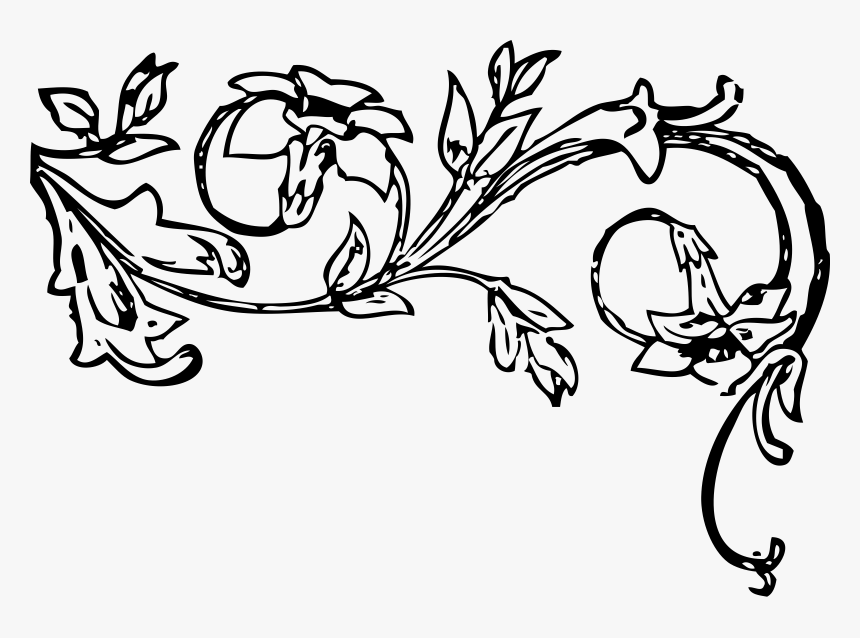To those Beowulf enthusiasts, William Morris is not the name that comes to mind when thinking about the best translators of the Old English epic poem. Seamus Heaney, J.R.R. Tolkien certainly. R.M. Liuzza if you are looking for a more academic, classroom version, sure. And even Maria Dahvana Headley's new feminist translation is now commonly recognized amongst the greats. Morris, however, is not. Known for his involvement in the Arts and Crafts Movement, Morris's translation was the product of his Kelmscott Press endevour. Morris's Beowulf, therefore, is not a product of academic scholarship but instead a result of many years fascinated with book art and an attempt to revive gothic stylings. It should be noted that Morris's translation isn't even entirely his. Instead, Morris transformed A.J. Wyatt's prose translation into a verse translation
Because of Morris's primary interest in the aesthetic of the book and not the
scholarship of translation, few scholars have approached his translation with the same
academic seriousness as other translations have received. This edition is an academic
look at a portion of Morris's translation: Beowulf's battle with Grendel's mother. The
purpose of the edition is to do twofold: firstly, to explore the translation decisions
made by Morris (and be extension Wyatt), particularly his overuse of kennings, and
secondly, to investigate how Morris depicts Grendel's mother in comparison to other
translations. For example, one of the most important elements of Morris's translation is
recognizing his attempt to foreignize
his translation Foreignizing a translation
maintains the otherness
of the source text, hence why Morris uses an over-abundance of
kennings. Foreignized translations remind the reader that the original
text was written in a different place, culture, and time. Instead of making the text
accessible for the audience, the translation is focused on the "purity" of the text, on
maintaining as much of the essence of the original translation as possible in the
translated language. As Hugh Magennis writes in Translating Beowulf: Modern
Versions in English: Morris's version is unlike any other, hitting the reader
between the eye in suggesting the otherness of Beowulf.
The reaction to Morris' translation might be categorized as extreme when looking at the
immediate responses and even more recent responses. Chris Jones describes the main
criticisms to be that Morris does not so much translate as transliterate, making
diction obscure and the syntax archaic and affected.
In other words,
Morris was so concerned with producing a text that felt other and foreign that he forgot
to ask himself whether that was a good idea to begin with. The result is a text that is
bloated with kennings, an Old English literary device that is a compound expression
resulting in a metaphorical meaning and confused by obsolete language. Nevertheless,
Morris's text still deserves to be treated as a part of the grand tradition of
translating Beowulf and given the same respect that other translators have
received by the academic community in terms of analyzing their translations.
As to why I have chosen to transcribe the fight between Beowulf and Grendel's mother,
the reason is due, in part, to an interest in how men view Grendel's mother and how that
impression comes through in their translation decisions. With the emergence of Headley's
Beowulf translation from 2020, in which Grendel's mother is described as a
reclusive night-queen, the mighty mere-wife,
I have begun to ask myself how male
translations compare to this female translation of one of the only female characters in
the entire epic. Headley transforms Grendel's mother into a warrior-woman
who avenges her son, a character that we should cheer for and feel sorrow over when she
is killed. Similarly, Meghan Purvis, in her not quite translation but rather disection
of Beowulf into smaller poems, describes Grendel's mother as an avenger and
asks the question: and was she less frightening / for being a woman? -- hardly.
So how does Morris address the queen of the marshland? Is he in favor of
her rights to protect her land and her son? Or is she merely a monster to be vanquished
as other male translators have depicted her.
In terms of the actual editing process, I have kept the text as close to Morris's original edition as possible. This means that the transcription maintains the language which has now been categorized as archaic and obsolete. In addition, Morris does not mark when the characters are speaking through the use of quotation marks. This transcription has maintained the lack of quotation marks.The most important editing aspect that I have added to Morris's text is addition of my own notes and observations regarding his translation decisions which can be found in the footnotes of each section.
For further viewing of the entire text in photograph visit The University of Iowa.
For access back to the original site click here.
Amelia Lehosit, Editor 2022

XX. Grendel's dam breaks into Hart and bears off Aeschere
XXI. Hrothgar laments the slaying of Aeschere, and tells of Grendel's mother and her den
XXII. They follow Grendel's dam to her lair
XXIII. Beowulf reacheth the mere-bottom in a day's while, and contends with Grendel's dam
XXIV. Beowulf slayeth Grendel's dam, smitten off Grendel's head, and cometh back with his thanes to Hart